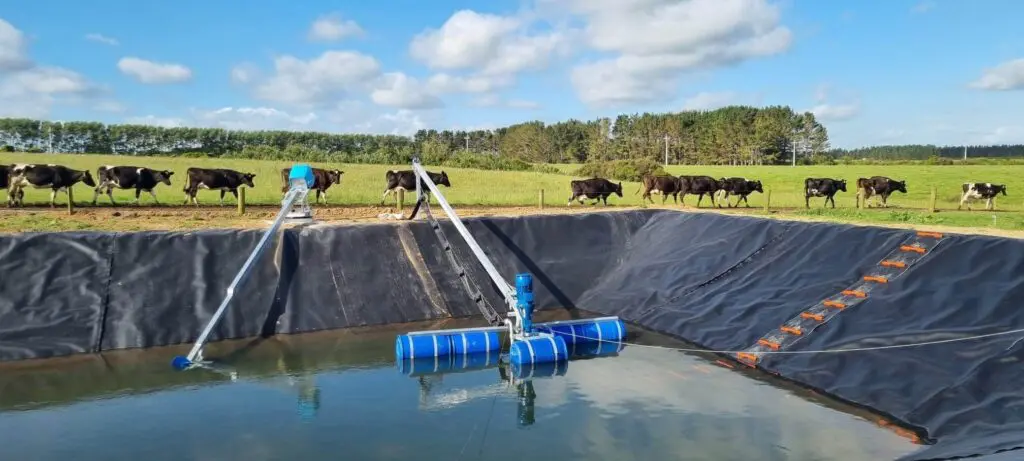- Sustainable Effluent Management
When it comes to dairy production, New Zealand is one of the best producers in the world. In fact, a report published by Statista shows that New Zealand was the main exporter of milk worldwide in 2021 with an export value of 7.8 billion US dollars, with the second largest being Germany at 3.2 billion (considerably less considering the countries size difference). We have a good climate and land, our cows roam free in paddocks grazing on succulent grass, and our farmers enjoy country living. Farming is much of the lifeblood of New Zealand and a large contributor to the economy. It’s what we’re good at.

Instead of sacrificing large proportions of New Zealand’s lifeblood and economic success to win the imaginary carbon emissions race, how about looking at things from a worldwide perspective and work as a team? What if New Zealand milked more, not less?
While there is a movement towards consuming more plant-based foods, the reality is that dairy is still in hot demand for most of the world. So why not focus dairying on where it is best produced, allowing other countries to reduce their carbon emissions in areas where they are not as well equipped, and instead focus on the things they are better at producing?
Research commissioned by DairyNZ, independently produced by AgResearch, and peer reviewed by an international specialist in Ireland shows that New Zealand is not only the main exporter of milk worldwide, but we have the LOWEST carbon footprint for dairy milk production at 0.77 kg CO2e per kg FPCM (fat and protein corrected milk). The second largest producer, Germany, has twice the carbon footprint of New Zealand at 1.53 kg CO2e per kg FPCM. The average across 18 countries studied is 1.47 kg CO2e per kg FPCM, 48% higher than New Zealand.
Looking at this research, this would mean on a global scale, if NZ reduced diary exports by say 10%, the total carbon footprint for that milk produced would INCREASE by an estimated 3 million tonnes of CO2. Conversely by increasing our exports by 10% and off-setting other producers, the overall footprint would REDUCE by an estimated 1.7 million tonnes of CO2.
It’s great to be making efforts towards a better future, but are we really doing our best for the planet if reducing New Zealand’s carbon emissions results in increasing total worldwide emissions?
Receive fortnightly email newsletters with the latest insights from Nevada!
Copyright © 2025 Nevada Group
Receive fortnightly email newsletters with the latest insights from Nevada!
Copyright © 2025 Nevada Group
"*" indicates required fields

"*" indicates required fields

"*" indicates required fields

